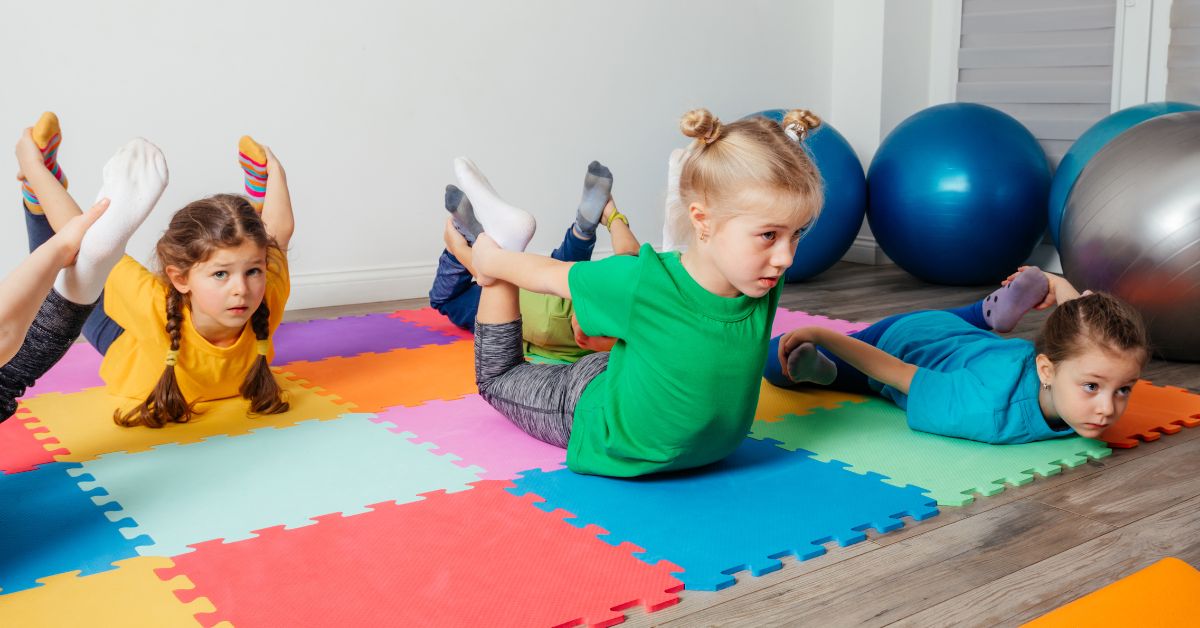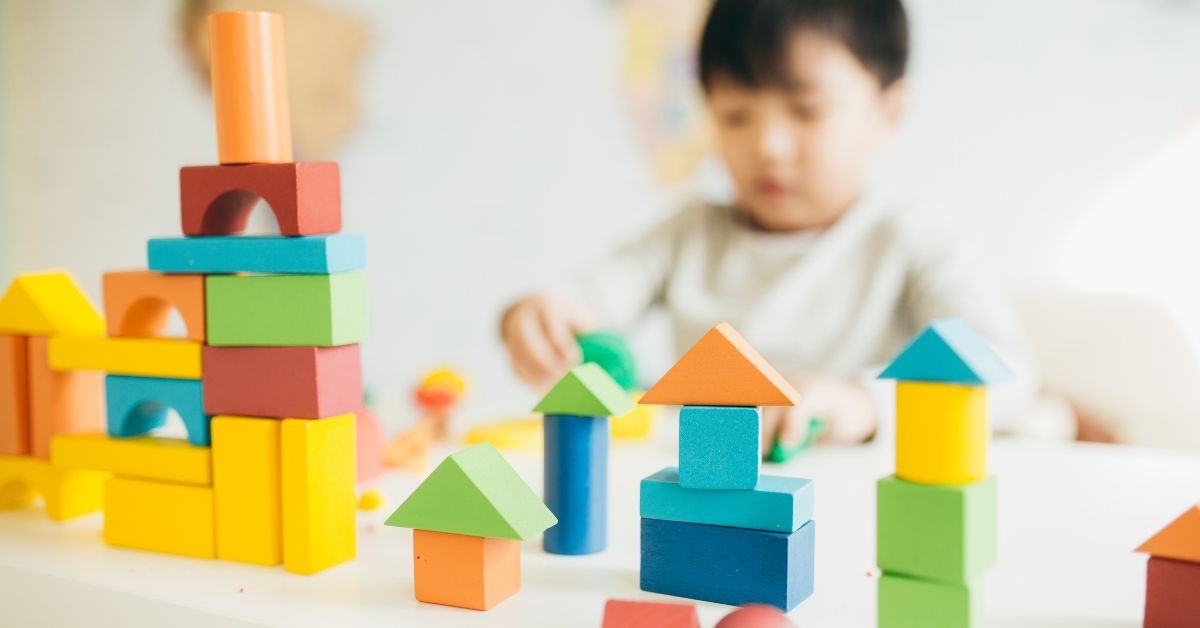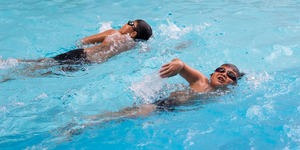What is Aquaphobia?
Aquaphobia, or the fear of water, is an intense and irrational fear of water-related environments, such as swimming pools, lakes, bathtubs, or even rain. Unlike a general discomfort around water, aquaphobia triggers significant distress, leading to avoidance behaviors in children.
How is Aquaphobia Different from Other Phobias?
Phobias are categorized as irrational fears of specific objects or situations. Some common phobias in children include:
• Claustrophobia: Fear of enclosed spaces.
• Acrophobia: Fear of heights.
• Nyctophobia: Fear of darkness.
• Thalassophobia: Fear of deep water bodies, like oceans.
While thalassophobia is specifically related to deep water, aquaphobia can include a fear of any water-related activity, from bathing to swimming.
How Severe Can Aquaphobia Be?
Aquaphobia varies in severity:
1. Mild: The child avoids swimming but is comfortable with showers and controlled water exposure.
2. Moderate: The child experiences distress even near water sources like pools or lakes.
3. Severe: The child refuses to bathe or wash hands due to extreme fear, affecting daily hygiene.
Severe cases may require professional intervention to prevent long-term behavioral and psychological impacts.
Stages of Aquaphobia in Children
Aquaphobia generally develops in stages:
1. Trigger Event: The fear originates from a negative experience, such as a near-drowning incident.
2. Anxiety Build-up: The child anticipates distress before encountering water.
3. Panic Response: The child experiences a rapid heartbeat, crying, or freezing in fear.
4. Avoidance Behavior: The child actively avoids water-related activities, reinforcing the phobia.
Recognizing these stages can help parents intervene early and prevent escalation.
Symptoms of Aquaphobia in Children
Common signs of aquaphobia include:
• Crying or screaming when near water
• Avoidance of swimming, bathing, or even washing hands
• Trembling, sweating, or feeling dizzy in water-related settings
• Rapid breathing, hyperventilation, or panic attacks
• Complaints of nausea or stomach aches when discussing water activities
How Parents Can Help Their Child Overcome Aquaphobia
1. Stay Calm and Patient
A parent’s reaction influences a child’s fear. Avoid forcing the child into water-related situations or dismissing their fear as irrational.
2. Gradual Exposure Therapy
• Start by introducing your child to water in a safe, non-threatening environment.
• Allow them to play with water outside the bathtub or touch water in small amounts.
• Gradually progress to activities like splashing water on their hands and feet.
• Introduce swimming pools only after they show comfort with smaller water interactions.
3. Normalize Water through Play
• Use water toys, cups, or rubber ducks to create a fun water experience.
• Let them see others enjoying water activities without pressure to participate.
• Encourage playing with water in a controlled, enjoyable setting.
4. Teach Relaxation Techniques
• Deep Breathing: Teach slow inhales and exhales to reduce anxiety.
• Visualization: Encourage imagining water as a safe and fun place.
• Positive Reinforcement: Praise small steps, such as dipping feet in water.
5. Make Bath Time Fun
If your child fears bathing, try:
• Adding bath toys or bubbles to make it a playful experience.
• Using a cup instead of a showerhead to rinse hair, reducing water splashes.
• Allowing them to control the process (e.g., holding the washcloth).
6. Avoid Forcing Water Exposure
Never push a child into water before they are ready. Forcing them can reinforce fear and make it harder to overcome.
7. Seek Professional Help if Needed
If aquaphobia interferes with daily life, consulting a child psychologist or therapist trained in exposure therapy can be beneficial.
Immediate Steps to Take During a Panic Episode
If your child experiences a panic attack near water:
1. Reassure Them: Speak in a calm, comforting voice.
2. Guide Deep Breathing: Help them regulate their breathing.
3. Remove Immediate Pressure: Step back and allow them space to regain control.
4. Shift Focus: Talk about something they enjoy to distract from fear.
Preventing Aquaphobia in Children
To reduce the risk of aquaphobia:
• Introduce water early in a fun, safe manner.
• Avoid negative experiences like sudden water splashes.
• Encourage positive water interactions with gentle exposure.
• Lead by example—show enthusiasm and calmness around water.
Why Parents Should Not Panic
Children take emotional cues from parents. If you react with fear or urgency, they may associate water with danger. Instead:
• Stay patient and encouraging.
• Avoid labeling water as “scary” or “dangerous.”
• Use positive language like “Let’s try a little water play today.”
With gradual exposure and reassurance, most children overcome aquaphobia and build confidence in water-related activities.
Conclusion
Aquaphobia can limit a child’s experiences, but with patience, gradual exposure, and positive reinforcement, parents can help them overcome the fear of water. Early intervention prevents long-term anxiety and ensures that water-related activities become enjoyable rather than stressful.
If needed, professional therapy can provide structured techniques to manage and overcome aquaphobia effectively.
References
1. American Psychological Association. (2022). Understanding Phobias and Anxiety Disorders in Children.
2. National Institute of Mental Health. (2021). Anxiety and Phobias in Childhood Development.
3. Mayo Clinic. (2023). Cognitive Behavioral Therapy for Phobias in Children.
4. American Academy of Pediatrics. (2022). Helping Children Overcome Fear of Water.









